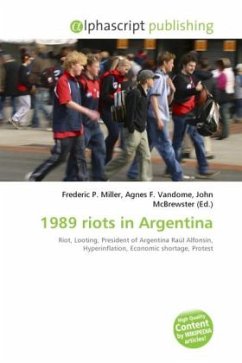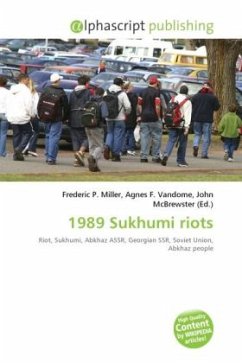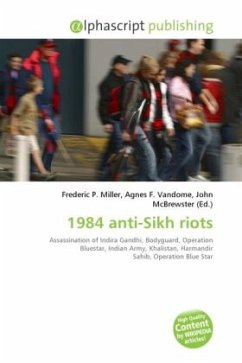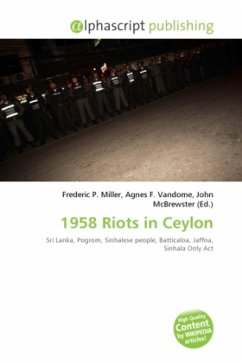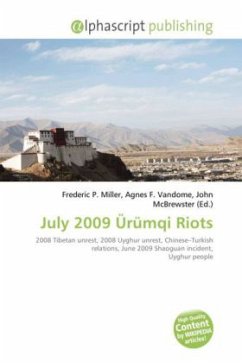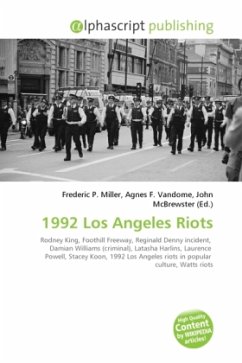The 1989 food riots were a series of riots and related episodes of looting in stores and supermarkets in Argentina, during the last part of the presidency of Raúl Alfonsín, between May and June 1989. The riots were caused by the rampant hyperinflation and food shortage, and were associated with legal protests and demonstrations. The first riots started in Rosario, the third-largest city in the country, when people demanded supermarkets to give away food; they quickly spread to other cities, including Greater Buenos Aires. The national government established a state of emergency. More than 40 people were arrested, and there were 14 dead. Eventually President Alfonsín resigned, and president elect Carlos Menem took office six months in advance, in July. In August 1988 the Alfonsín government launched a new economic plan, called Plan Primavera, intended to contain inflation. It included price controls, negotiated with 53 leading companies, and exchange rate controls, the freezing ofstate workers' wages, and negotiations with the labour unions.
Bitte wählen Sie Ihr Anliegen aus.
Rechnungen
Retourenschein anfordern
Bestellstatus
Storno

